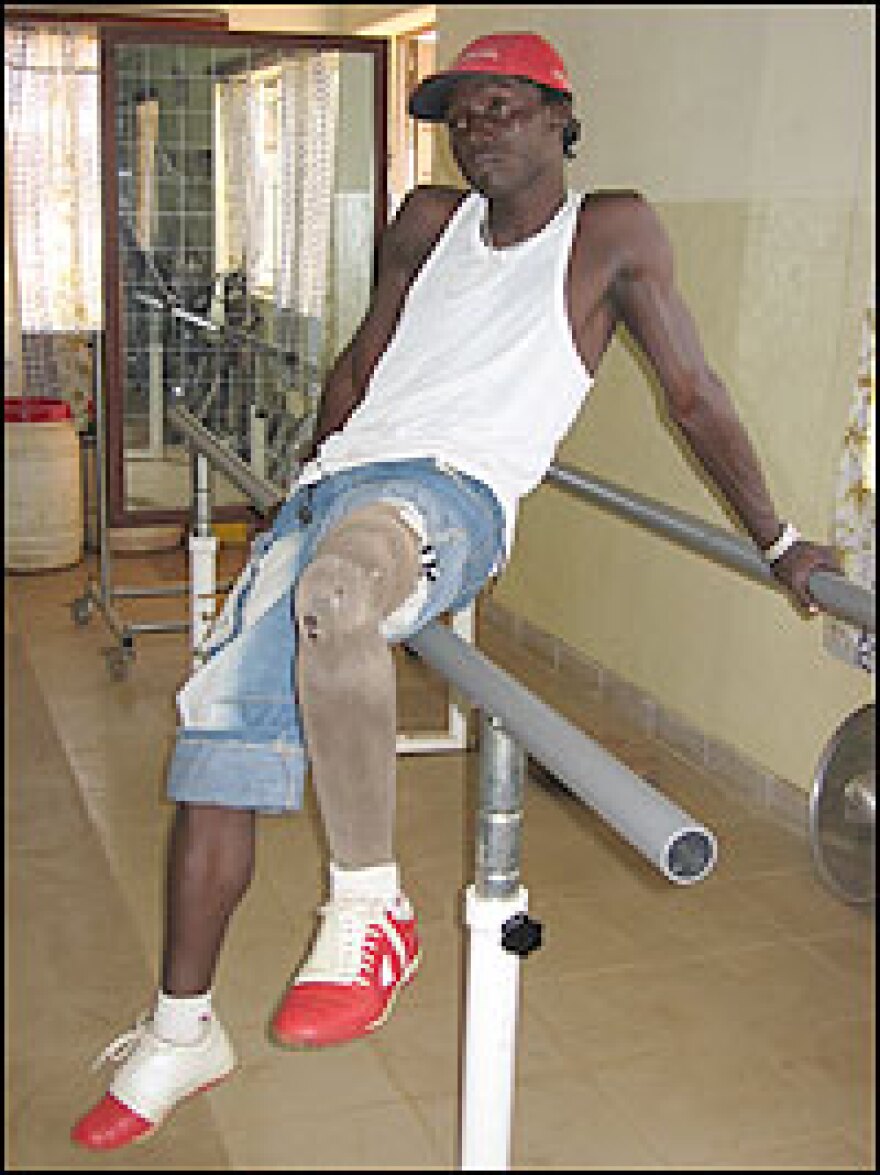
Charles Taylor is set to become the first former head of state in Africa to face trial in a war crimes court.
Once the continent's most infamous warlord-turned-president, Liberia's ex-leader briefly became the most wanted fugitive in Africa this week. He disappeared Monday from his residence-in-exile in Nigeria, but was captured near the Cameroon border by Nigerian troops. By Wednesday night he was in U.N. custody in Sierra Leone, awaiting trial at a special tribunal.
The U.S.-educated Taylor, 58, is a descendant of freed American slaves, who founded Liberia in the 18th century. He joined the Liberian government of President Samuel Doe in the early 1980s, but after a falling out, Taylor was accused of embezzlement and fled to the United States.
In 1985, he escaped from a jail outside Boston and made his way back to Liberia. By 1997, Doe was dead at the hands of one of Taylor's rival rebel leaders. Liberia -- wracked by civil war, its economy in ruins -- voted Taylor president.
In the meantime, war had engulfed neighbouring diamond-rich Sierra Leone, where some rebels were reported to have trained in Libya with Charles Taylor. Taylor and his allies are accused of involvement in that war, fighting for control of lucrative gemstone-producing areas and trading what came to be known as "blood diamonds" for arms that fueled wars on both sides of the border.
In 2003, prosecutors at the U.N.-backed war crimes court in Sierra Leone indicted Taylor on charges of bankrolling the civil war there. In Liberia, opposition to Taylor's rule had grown. Rebels were on their way to the gates of the capital, Monrovia.
African leaders, the United Nations, the United States and the European Union stepped in. To end the war, Taylor's exile was negotiated and Nigeria agreed to provide asylum.
Even as he faces trial, there is concern that Taylor may try to use his web of influence to again destabilize Liberia, Sierra Leone and the rest of West Africa. For that reason, his trial could eventually be moved outside the region -- possibly to The Hague.
Copyright 2022 NPR. To see more, visit https://www.npr.org.



